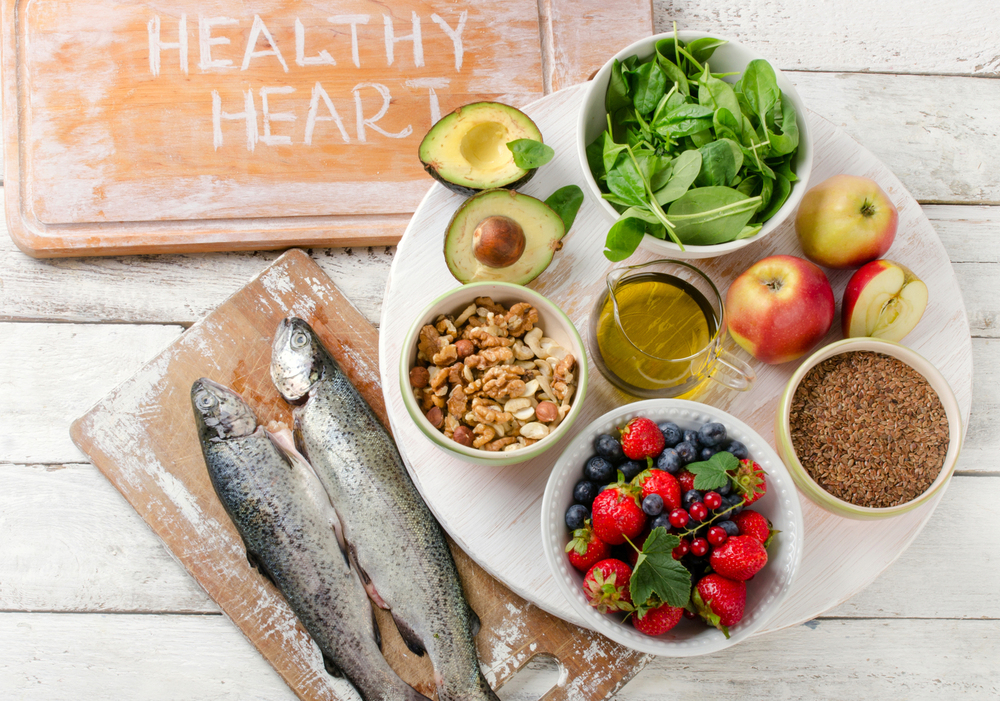Top FAQs on Foods That Alleviate Heartburn Symptoms
Learn about foods that effectively alleviate heartburn and those that may trigger it. This guide highlights gentle foods like vegetables, fruits, lean meats, and oatmeal, while cautioning against caffeine, spicy, citrus, and fatty foods. Lifestyle tips such as smaller meals, avoiding lying down post-eating, and elevating the bed are also discussed to prevent reflux episodes. Understanding the role of food acidity and adopting healthy habits can significantly improve heartburn management and enhance overall comfort.

Top FAQs on Foods That Alleviate Heartburn Symptoms
Occasional heartburn is common, often triggered by greasy or fatty foods. These foods can cause stomach acid to move back into the esophagus, leading to discomfort and chest pain. While occasional heartburn is usually harmless, frequent episodes may harm the esophagus and cause health issues. Incorporating foods that neutralize excess stomach acid can help prevent reflux symptoms. Understanding which foods are beneficial and which worsen the condition enables better management of heartburn. Read on to learn about helpful foods and those to avoid.
Discover effective foods that soothe heartburn and identify common triggers.
Which foods can relieve heartburn?
Vegetables: Low in sugar and fat, vegetables like cucumbers, potatoes, cauliflower, leafy greens, green beans, broccoli, and asparagus help reduce stomach acid and ease heartburn symptoms.
Fruits: Non-citrus options such as melons, apples, pears, and bananas are gentle on the stomach and can help prevent reflux.
Lean Proteins: Poultry, seafood, and fish prepared through baking, poaching, or grilling are low-fat options that support heartburn relief.
Oatmeal: As a fiber-rich whole grain, oatmeal absorbs stomach acid and is an excellent breakfast choice to reduce acid reflux symptoms.
What foods tend to trigger heartburn?
Caffeinated beverages: Coffee, tea, and soda contain caffeine, which often leads to acid reflux and discomfort.
Spicy foods: Dishes with garlic, onion, or heavy spices can inflame the esophagus and cause heartburn.
Citrus fruits: Oranges, grapefruits, limes, and pineapples have high acid content, potentially aggravating symptoms.
High-fat foods: Fried foods, fatty meats, bacon, and lard increase the risk of reflux episodes.
Why do some foods cause heartburn?
Foods vary in pH levels, indicating their acidity. Acidic foods, with low pH values like lemon juice (pH 2), can irritate the esophagus, whereas alkaline or less acidic foods (pH 5 or above) are gentler.
pH levels are not listed on nutrition labels but can be found on official nutrition resources or low-acid diet guides.
Are there lifestyle modifications to help manage heartburn?
Avoiding alcohol use and smoking can significantly reduce reflux incidents.
Consuming smaller, more frequent meals and eating at least 3-4 hours before bedtime minimizes reflux chances. Elevating the head of the bed by 4-6 inches and remaining upright after eating also help prevent symptoms.










